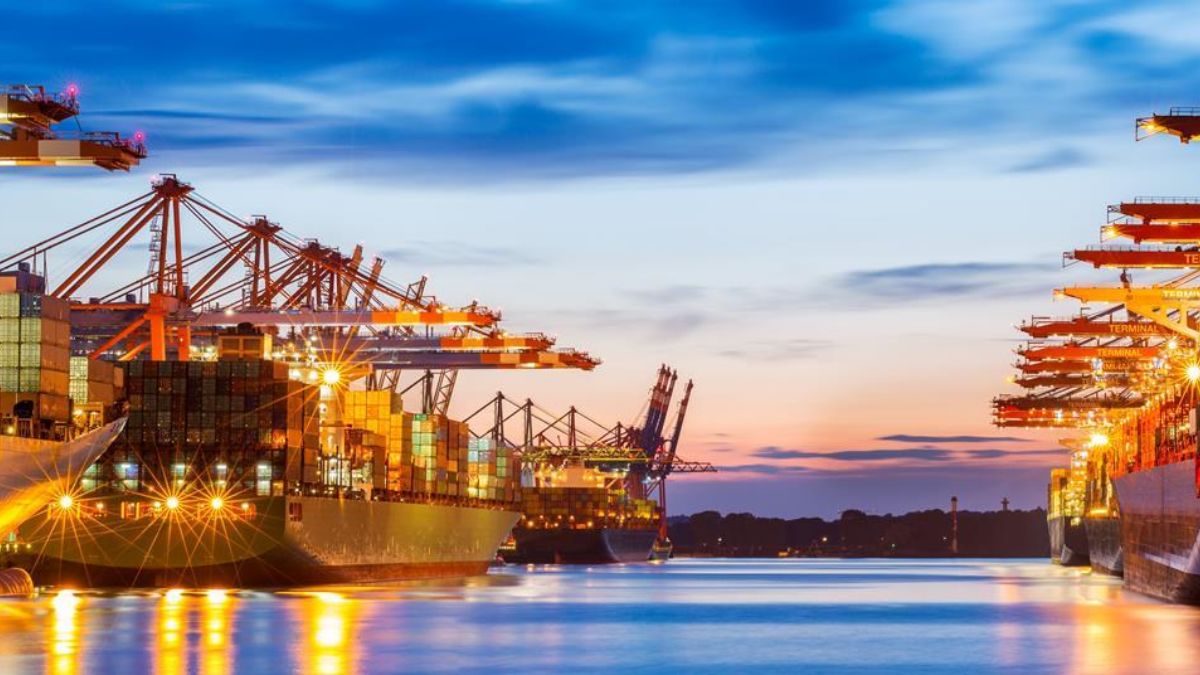The largest private port operator in India, Adani Ports and Special Economic Zone (APSEZ) has entered into a concession agreement with the Deendayal Port Authority to construct a cutting-edge multipurpose cargo terminal at Deendayal Port in Gujarat. The agreement will allow APSEZ to manage and operate the terminal for 30 years, with the potential for a further extension. The multipurpose terminal is designed to handle various types of cargo, including dry and liquid bulk, break bulk, and containers, enhancing the port’s capacity to support growing trade demands.
On India’s western coast, at Tuna-Tekra, an outpost of Deendayal Port, the terminal will be constructed. Once operational, the terminal is expected to handle approximately 23.5 million tonnes of cargo annually, contributing significantly to India’s maritime trade. The development aligns with the government’s Sagarmala initiative, aimed at modernizing the country’s ports and boosting port-led industrial growth.
Adani Ports’ investment in the terminal underscores its commitment to enhancing India’s logistics and supply chain infrastructure. The project is set to incorporate advanced technology and efficient cargo handling systems to streamline operations and reduce turnaround times. This development is poised to further position Deendayal Port as a critical hub for international trade, supporting the movement of goods across India’s key industrial regions.
A spokesperson for Adani Ports highlighted the company’s focus on strengthening India’s maritime capabilities and the importance of developing world-class port infrastructure to meet the country’s growing trade demands.
With Adani Ports’ proven track record in port operations and infrastructure development, the multipurpose terminal at Deendayal Port is expected to play a pivotal role in boosting India’s export and import activities while also supporting the government’s vision of making India a $5 trillion economy.

